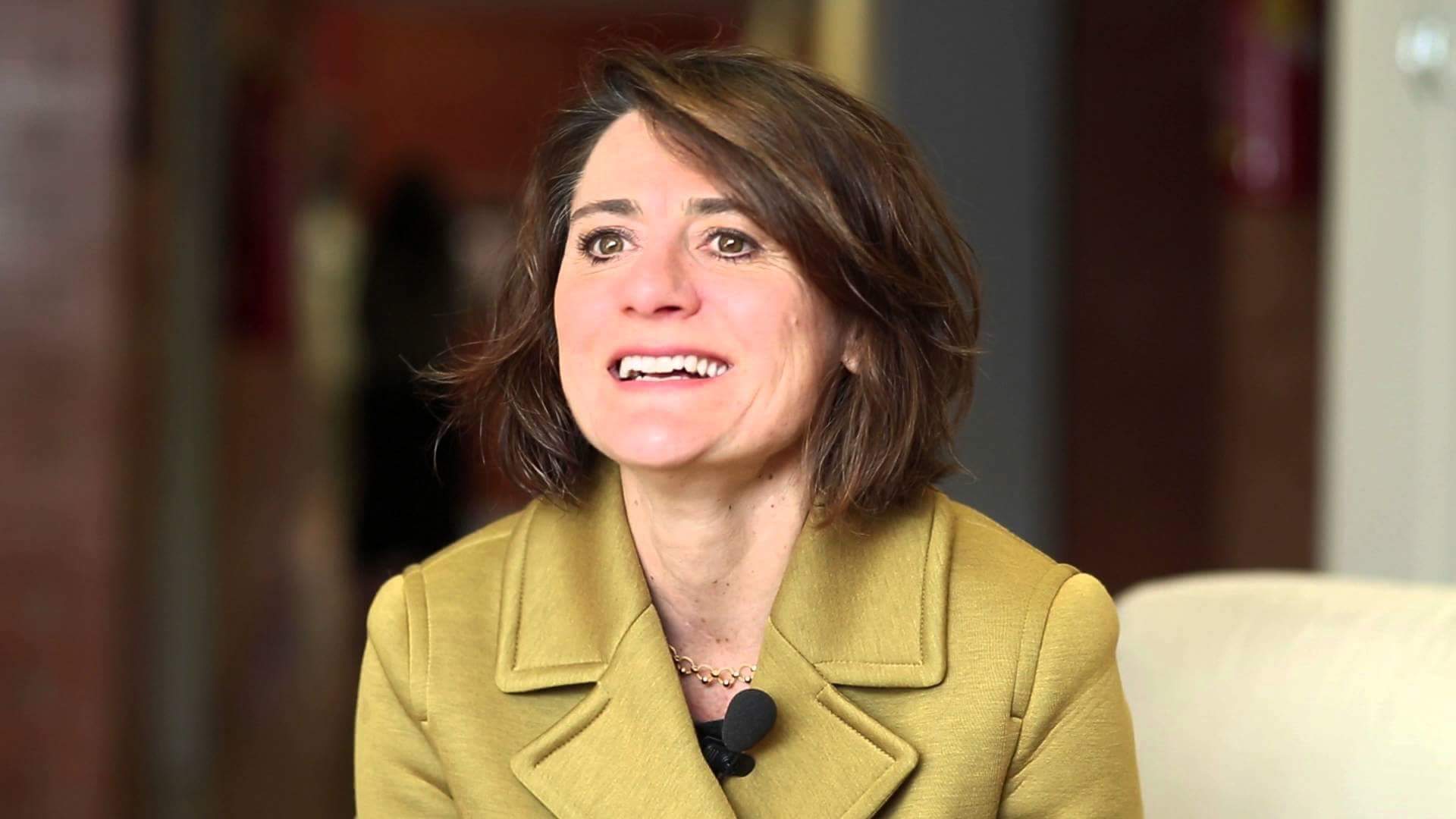|
IEEE
ICMA 2019 Conference
Plenary
Talk II
Does the progress of robotics pass through soft materials?
Cecilia Laschi, Ph.D.
Professor, Deputy Director
The BioRobotics Institute
Scuola Superiore Sant’Anna, Rector’s delegate to research
E-mail: cecilia.laschi@santannapisa.it
https://www.santannapisa.it/en/node/3934

Abstract:
Though a young discipline, robotics progressed rapidly and pervaded our lives more than we perceive, becoming a tool we cannot do without in manufacturing. Futuristic scenarios have been proposing robots in daily life of citizens and professionals for decades, creating expectations that have not yet been matched. What are the realistic scenarios that robotics technologies enable today? What are the abilities that robots still miss to match expectations for extensive application and healthier and safer human life?
Largely inspired by the observation of the role of soft tissues in living organisms, the use of soft materials for building robots is recognized as one of the current challenges for pushing the boundaries of robotics technologies and building robotic systems for service tasks in natural environments. The study of living organisms sheds light on principles that can be fruitfully adopted to develop additional robot abilities or to facilitate more efficient accomplishment of tasks, because living organisms exploit soft tissues and compliant structures to move effectively in complex natural environments.
Robots have a great potential for becoming part of our lives, for responding to current societal challenges, for contributing to economic growth. New materials and new forms of machine intelligence are key directions for the future robotics progress.
Cecilia Laschi is Full Professor at the BioRobotics Institute of Scuola Superiore Sant'Anna in Pisa, Italy, where she serves as Rector’s delegate to Research. She graduated in Computer Science at the University of Pisa in 1993 and received the Ph.D. in Robotics from the University of Genoa in 1998. In 2001-2002 she was JSPS visiting researcher at Waseda University in Tokyo.
Her research interests are in the field of soft robotics, a young research area that she pioneered and contributed to develop at international level, including its applications in marine robotics and in the biomedical field. She has been working in humanoid robotics and neurorobotics, at the merge of neuroscience and robotics.
She is in the Editorial Boards of several international journals. She serves as reviewer for many journals, including Nature and Science, for the European Commission, including the ERC programme, and for many national research agencies.
She is senior member of the IEEE, of the Engineering in Medicine and Biology Society (EMBS), and of the Robotics & Automation Society (RAS), where she served as elected AdCom member and currently is Co-Chair of the TC on Soft Robotics. She founded and served as General Chair for the IEEE-RAS First International Conference on Soft Robotics in Livorno, in April 24-28, 2018.
She is founding member of RoboTech srl, spin-off company of the Scuola Superiore Sant’Anna, in the sector of edutainment robotics.
|